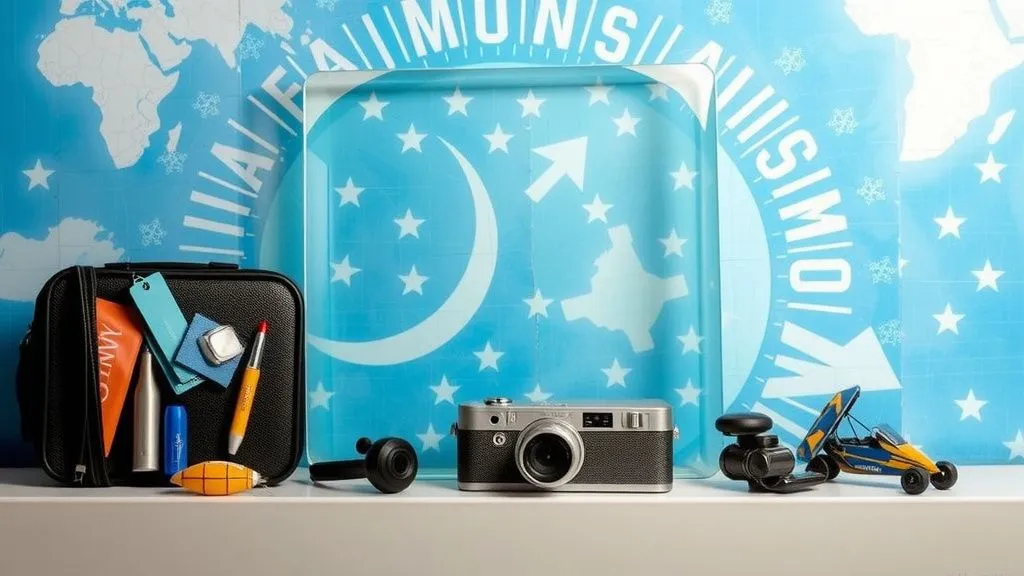Emergency Situation Money-Saving Guide
In times of unexpected financial emergencies, having a money-saving plan can provide much-needed relief and peace of mind. Whether it's a medical emergency, car repair, or job loss, being prepared can help you navigate these challenging times with greater ease. This guide will provide you with practical tips and strategies to save money during emergency situations.
Create an Emergency Fund
One of the best ways to prepare for emergencies is by building an emergency fund. Set aside a portion of your income each month specifically for this purpose. Aim to save at least three to six months' worth of living expenses in case of a job loss or other unforeseen circumstances.
Cut Back on Non-Essential Expenses
During an emergency situation, it's important to prioritize your spending and cut back on non-essential expenses. Review your budget and identify areas where you can reduce or eliminate spending. Consider canceling subscriptions, eating at home instead of dining out, and finding free or low-cost entertainment options.
Explore Financial Assistance Programs
If you find yourself in a dire financial situation, there may be government or community programs available to provide assistance. Research local resources such as food banks, utility assistance programs, and rental assistance programs. These programs can help alleviate some of the financial burden during an emergency.
Review Insurance Coverage
Make sure you have adequate insurance coverage to protect yourself from unexpected expenses. Review your health insurance policy to understand what is covered in case of a medical emergency. Similarly, review your auto insurance policy to ensure you have comprehensive coverage for repairs and accidents.
Shop Smart
When purchasing essential items during an emergency, it's important to shop smart and compare prices. Look for sales, discounts, and coupons to save money on groceries, medications, and other necessary supplies. Consider buying in bulk or opting for generic brands to further reduce costs.
Seek Professional Advice
If you're struggling with managing your finances during an emergency situation, consider seeking professional advice. A financial advisor or credit counselor can provide guidance on budgeting, debt management, and savings strategies tailored to your specific circumstances.
Tips for Saving on Utilities
- Turn off lights when not in use.
- Unplug electronics when not in use.
- Lower the thermostat in winter and raise it in summer.
- Seal any drafts around windows and doors.
- Avoid using high-energy appliances during peak hours.
Tips for Saving on Transportation
- Consider carpooling or using public transportation.
- Maintain regular vehicle maintenance to prevent costly repairs.
- Use apps or websites to find the cheapest gas prices in your area.
- Combine errands to minimize driving trips.
Conclusion
In times of emergency, having a well-thought-out money-saving plan can provide financial stability and peace of mind. By creating an emergency fund, cutting back on non-essential expenses, exploring financial assistance programs, reviewing insurance coverage, shopping smart, and seeking professional advice when needed, you can navigate through unexpected situations with greater ease. Remember that every small step towards saving counts and can make a significant difference in the long run.


